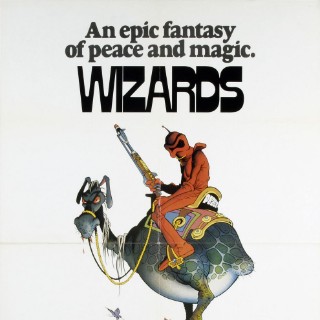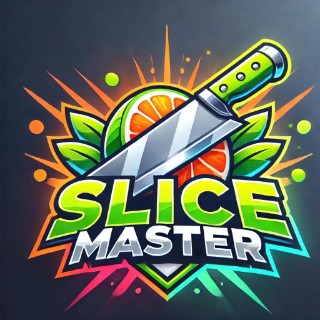I've heard plenty of requests for a pre-made ruleset for death fields, and a handful for generic rules for the others. So, I'd like to list a few of my opinions on the matter.
1- We don't really need rules
There are hundereds of excellent rulesets out there, and it's hard to make something novel. Plus, any ruleset would leave some people unsatisfied. This forum represents a small fraction of the customer base that WGA has, so if WGA doesn't think rules are a profitable venture, I can't blame them.
2- Setting
One of the best ways to make a game good is with a fun setting. I wouldn't have checked out a set of WW1 skirmish rules, but I did check out Ryhfler. The modern space marines might look generic, but I love them because they're space marines. Death Fields has a lot of potential as a setting, from a look into the state of the human sphere, to the ethics of a galactic state-sponsored bloodsport. Plus, the possibility of species like the lizardmen who lie far beyond the reach of the alien game runners, and what happens when wider humanity finds out. But fleshing out the setting massively will be required. (This section doesn't apply to generic rulesets.)
3- Scale
Although in the past, GW held a monopoly on large-scale battle games, now the scene for smaller publishers in mostly narrative skirmish games. Both offer interesting possibilities, but the nature of WGA kits is much more suited to larger (Platoon, I think is the term most often used) scale battles.
4- Terrain
Although a number of partnerships and digital files have been made, proper, WGA, physical terrain has yet to exist. Time after time, plastic has been proven unsuited to terrain-making, and I think it's best left to the players.
5- Detail
Finding a balance between ease of play and detail is hard, but I think a system akin to the original necromunda (excluding the progression system) is quite nice. lots of potential to expand it, but not overly complex.
6- Balance
I've played warhammer 40,000 9th edition, even semi-competitively, and Age of Sigmar 3rd edition, but both felt lacking in that magic that makes the older editions (8th and second respectively) really feel fun. And based off of how horrible the competitive games were, and how much fun I've had treating the rules as a loose framework, I think it's balance.
6.5- Tangent on video games.
I feel like a good analogy for overly balanced wargames is the recent overwatch "sequel". All of the heroes (factions, in a wargame) feel the same, and playing some roles isn't fun anymore. Plus, reaching "ranked", where you're placed against others in your league, takes 50 wins. 50! I can't win one game against bots, let alone 50 agasinst people.
On the other hand, Counter Strike: Global Offensive is a perfect example of a well balanced game. Sure, every mistake is lethal, and sure, soem weapons are better, but I can have fun carving my own little niche. The game is hugely popular in E-sports, but it's still fun for a casual player (although I've stopped playing until I can get a headset. It's really hard to win uncoordinated.)
6- Okay, back to balance.
So, how do you balance a game right? Well, with smaller games with a focus on story, it's possible to not do so at all. Balance is only fun when both parties are equally matched. But if you do insist on balance, here's a few tips. Number one: keep point updates easily acsessible. If you have to buy a new book every wednesday, it won't be fun to play casually. Number two: Keep rules loose. Don't force people to use your specific models on your specific bases in specific poses. Number three: Keep competitive balance optional. from abstract points values to asymmetric battles, there are plenty of ways to spice up casual games without hurting competitive ones.
I'd love to hear other people's thoughts on this.











